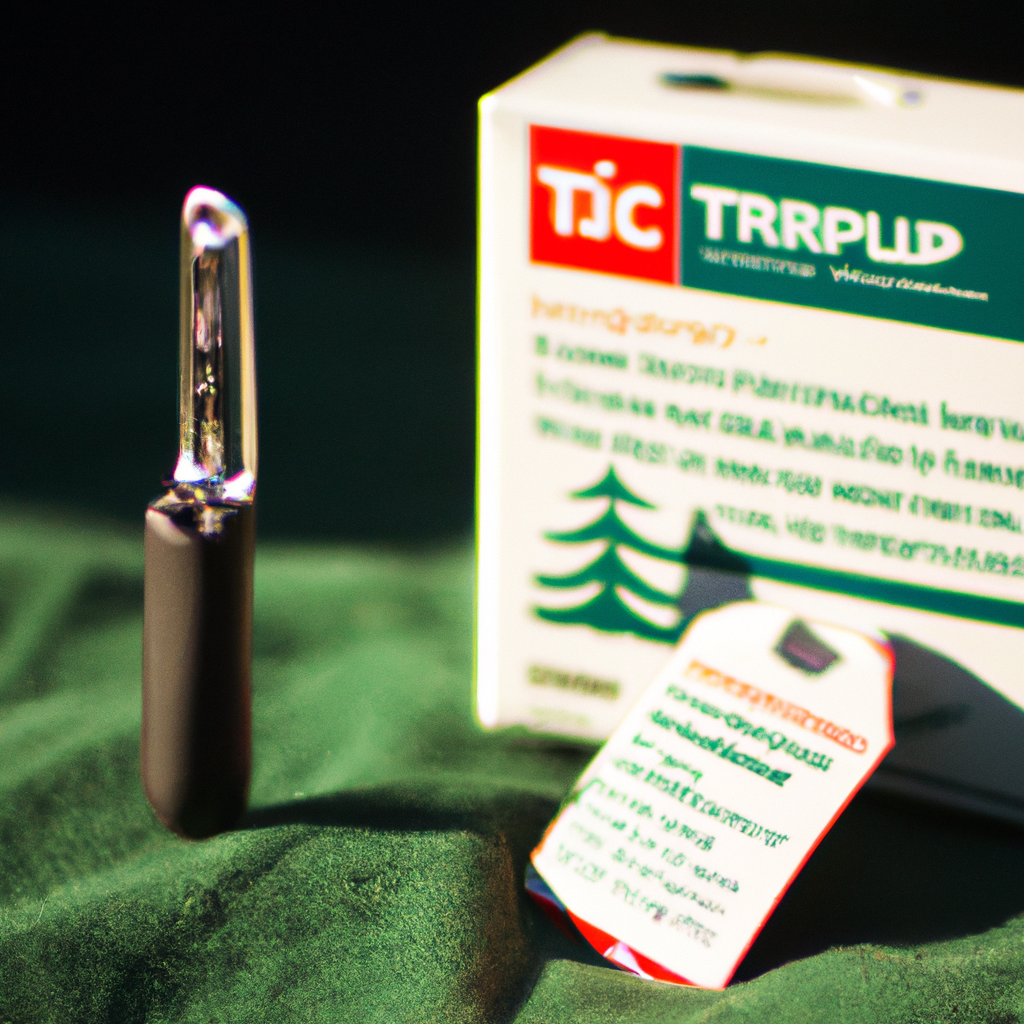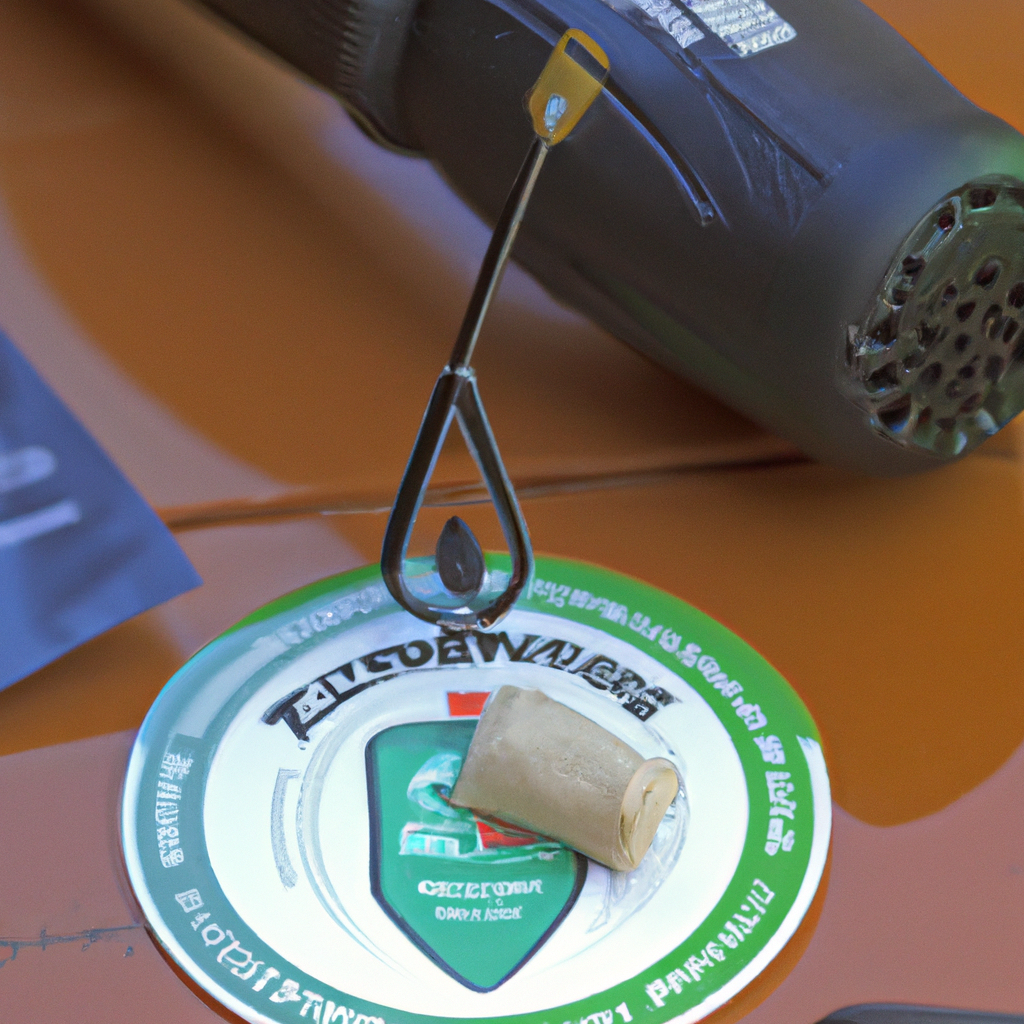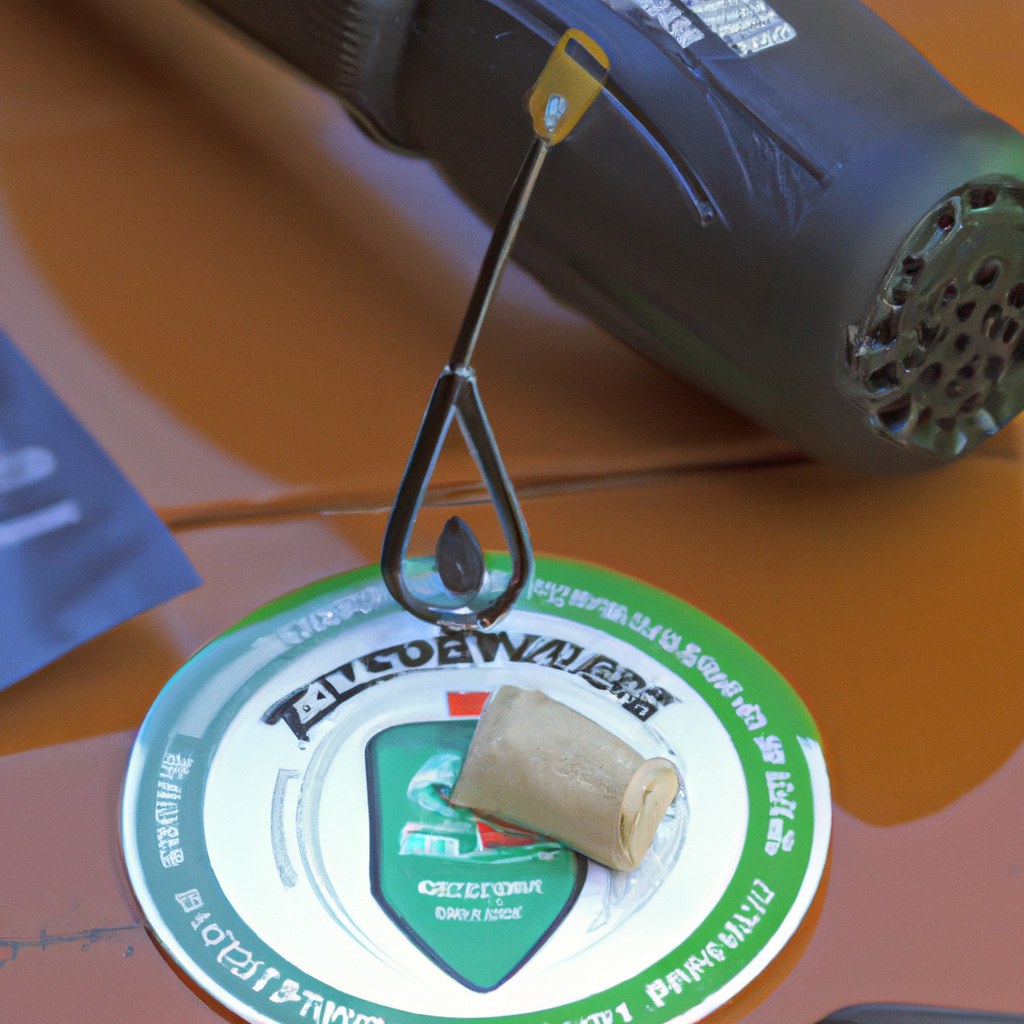Imagine this: you are out in the great outdoors, surrounded by the beauty of nature, ready to embark on an exciting camping adventure. The sun is shining, the birds are singing, and the air is filled with a sense of tranquility. As you set up your campsite and prepare for the night ahead, there’s one thing that starts to nag at the back of your mind: ticks. These tiny creatures, notorious for carrying diseases, can quickly put a damper on any outdoor excursion. But fear not! In this article, we will explore some simple yet effective ways to protect yourself from ticks while camping, allowing you to enjoy the wonders of nature worry-free. Ticks are pesky little creatures that can put a damper on your camping experience. However, with proper precautions and awareness, you can greatly reduce the risk of tick bites during your camping trip. Here are some essential tips to help you protect yourself from ticks while camping.
1. Choose a Tick-Free Campsite
Before heading out, it’s important to research the tick activity in the area where you plan to camp. Different regions have varying levels of tick infestation, and knowing this information can help you make informed decisions. Additionally, try to avoid camping in grassy or heavily wooded areas as ticks thrive in these environments. Instead, choose open spaces and areas with minimal vegetation to reduce contact with ticks.
2. Prepare Tick Repellents
Tick repellent is your first line of defense against these tiny nuisances. When camping, it’s crucial to apply an EPA-approved repellent on exposed skin. Look for products containing DEET, picaridin, or lemon eucalyptus oil, as they are effective in repelling ticks. Additionally, treat your clothing and gear with permethrin, an insecticide that immobilizes ticks on contact. To enhance protection, you can also opt for insect repellent clothing and accessories, such as jackets, socks, and hats, which are treated with tick repellent.

3. Dress Appropriately
Wearing the right clothing can significantly reduce your chances of getting bitten by ticks. Opt for long-sleeved shirts and long pants to minimize skin exposure. Tuck your pants into your socks or boots to create a physical barrier that prevents ticks from crawling up your legs. Additionally, choose light-colored clothing, as it makes it easier to spot ticks if they hitch a ride on your clothes.
4. Conduct Regular Tick Checks
Tick checks are essential both during and after your camping trip. Take the time to thoroughly check your body for any ticks, paying close attention to areas such as the scalp, armpits, and groin. Inspecting children and pets is equally important, as ticks can latch onto them too. If you are camping solo or have difficulty seeing certain areas of your body, consider using a mirror or asking for assistance to ensure a thorough inspection.

5. Create a Tick-Free Zone
Creating a tick-free zone around your campsite is an effective way to minimize contact with ticks. Begin by clearing the campsite of leaf litter and tall grass, as these are ideal tick habitats. Use gravel or wood chips to create a barrier around your camping area, as ticks are less likely to crawl across these surfaces. Additionally, set up your tents away from vegetation, as it reduces the chances of ticks crawling onto your camping gear.
6. Minimize Contact with Tick Habitats
To further reduce the risk of tick encounters, it’s important to minimize direct contact with tick habitats. Avoid sitting directly on the ground, as ticks often lurk in grassy or wooded areas. Instead, bring portable chairs or blankets to sit on. Keep your campfire away from vegetation, as ticks are attracted to the warmth and may crawl onto you or your belongings. Lastly, stay on designated trails when exploring the surrounding areas, as venturing off-trail can increase your exposure to ticks.
7. Remove Ticks Properly
If you find a tick on your body, it’s crucial to remove it properly to prevent any potential infections. Using fine-tipped tweezers, grasp the tick as close to your skin as possible and pull upward with steady, even pressure. Be careful not to squeeze or crush the tick, as it can release harmful fluids. Once the tick is removed, clean the bite area with soap and water, and apply an antiseptic to prevent any infections.
8. Monitor for Tick-Borne Illnesses
Even with preventive measures in place, it’s important to be aware of the symptoms of tick-borne diseases. Common signs include fever, fatigue, muscle aches, and a characteristic rash. If you experience any of these symptoms after camping, seek medical attention promptly. Make sure to inform your healthcare provider about your tick exposure, as this information can aid in accurate diagnosis and treatment.
9. Educate Yourself About Tick Safety
Knowledge is power when it comes to protecting yourself from ticks. Take the time to learn about the local tick species and prevalent tick-borne diseases in the area where you will be camping. Stay updated on the latest tick bite prevention methods, such as new repellents or clothing technology, as these advancements can provide better protection. Lastly, share your knowledge with fellow campers, as spreading awareness about tick safety can help everyone enjoy a tick-free camping experience.
10. Plan for Tick Removal Tools
Being prepared is key to handling tick encounters effectively. Pack fine-tipped tweezers or tick removal tools in your camping gear, as it can be challenging to remove a tick without the right tools. A magnifying glass can also come in handy, especially if you struggle with visual acuity. Additionally, include antiseptic wipes or alcohol pads in your first aid kit to clean any tick bites or wounds.
By following these comprehensive measures, you can significantly reduce your risk of tick bites while camping. Remember, prevention is key, so take the necessary steps before, during, and after your camping trip to protect yourself and have a tick-free adventure in the great outdoors.

